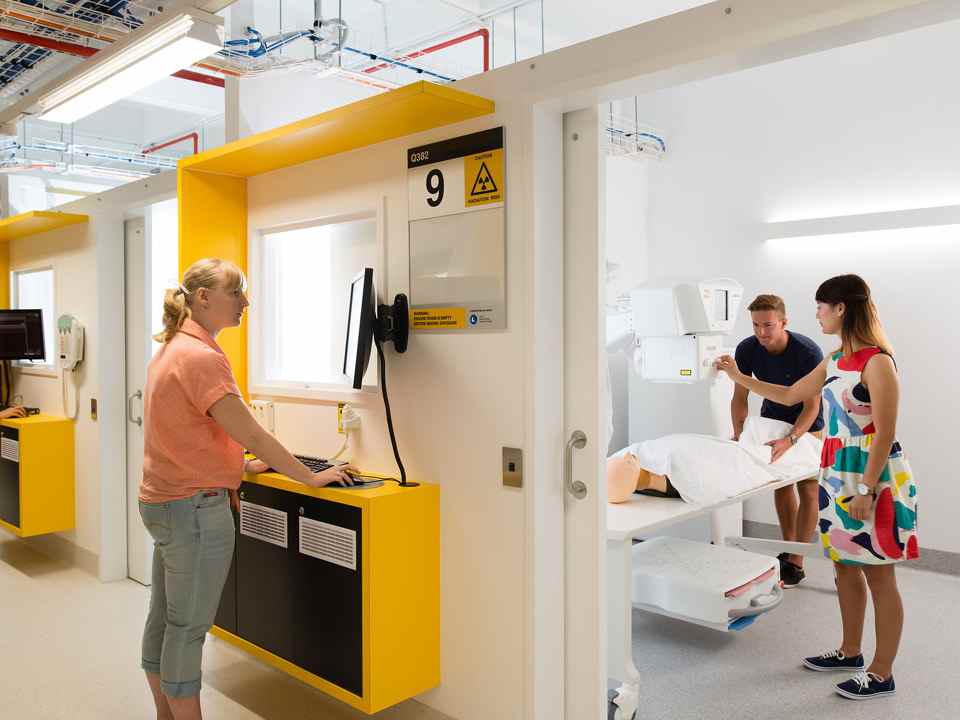- Top Quality Custom Essays
- +1 (628) 201-7932
- eprowriters01@gmail.com
Needs assessments and the types of health needs in your community
Needs assessments and the types of health needs in your community

Last updated on October 7th, 2023 at 11:33 am
Using the South University Online Library or the Internet, research about needs assessments and the types of health needs in your community. Community health assessments are used by health planners to identify, and prioritize health problems within a given community. To prioritize health programs and their development, a needs assessment is used. There are four types of needs that should be considered in a needs assessment. Although there is no single way to conduct a needs assessment, the basic steps to conducting a needs assessment can be identified.
Based on your research, create a 4- to 5-page Microsoft Word document that:
-
- Describes the four types of needs and compares them. Explains the interaction of the four types and the role of each type of need in the community assessment process.
- Selects one of the four needs and provides an example of how this need can be applied to a health issue in your community. Describes the potential pitfalls of focusing a needs assessment on a single need. Provides examples to support your assertions.
- Identifies and describes the basic steps of conducting a needs assessment and also explains the importance of each.
- Describes any additional steps that should be considered in the assessment process.
- Submission Details:
- Name your document SU_PHE4055_W2_Project_LastName_FirstInitial.doc.
- Cite any sources in APA format.
- Submit your document to the Submissions Area by the due date assigned.
Need help with this or similar assignment?
- Tell Us Your Requirements: Please provide us with the specifics of your paper so that we may do our best to personalize it. Select the discipline, word count, format, academic level, and other details on the order form.
- Connect with the Best Writer: Consult and collaborate with an expert and complete your paper on schedule.
- Monitor the progress: Control the work process by checking the completed parts of your document right away. You can easily submit your comments by chatting with your essay writer on our website.
- Download Your Paper: Get your paper written according to your specifications. It is important to note that you only pay for an essay when you are completely satisfied with the outcome. Please provide us your feedback about our collaboration.
About Us
Eprowriters.com, and its afilliate blog Eprowriters.net, is a custom essay writing service that has been providing academic support with great success for more than five years. We are constantly updating our objectives in order to improve the quality of service we deliver and increase client satisfaction. We’ve progressed to an original concept as a result of our success.


